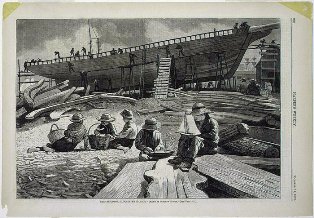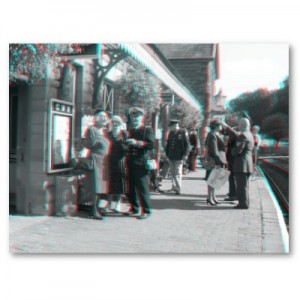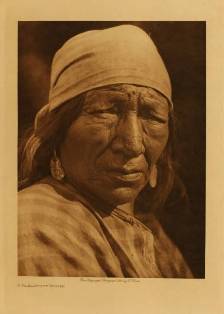Listen to this poem using the player above.
My friend Matt and I found an unaccompanied dog while we were walking to lunch yesterday. His tag told us that his name was Zephyr and that he lived a few blocks away. We took him home.

Photo by Matt Leon
Returning Zephyr
everyone just
wants to go home
curled up
on the rug
in front of the fire
weightless
he was there
on the sidewalk
unattended, unafraid
you’ve felt that way, too
still, though
we felt we should
take him home
someone must be
missing him
calling his name
first warm week
here he was
escaped
still, though
we felt we should
take him home
why wasn’t someone
out looking?
no one answered
the phone, ringing
no one answered
the bell, ringing
then she was there
surprised
completely unaware
that he was missing
still, though
we left him there
home
* * *
I think
he would have
been just as happy
to come with us













